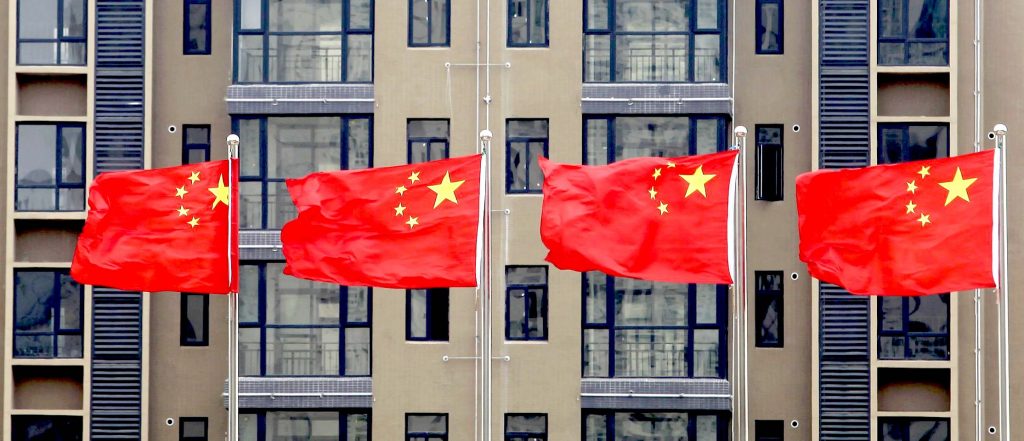Australia, concerned about rising Chinese influence, will ban foreign political donations as part of a crackdown aimed at preventing external interference in domestic politics, Prime Minister Malcolm Turnbull said on Tuesday.
[December 5, 2017 | SCMP]
Turnbull told reporters in Canberra that foreign powers were making “unprecedented and increasingly sophisticated attempts to influence the political process” in Australia and the world. He cited “disturbing reports about Chinese influence”.
Australia and neighbouring New Zealand are among roughly a third of countries worldwide that allow foreign donations to political parties. Such donations are prohibited in the US, Britain and several European countries.
Australia’s new laws, modelled in part on the US Foreign Agents Registration Act, would criminalise foreign interference and require the registration of lobbyists working for nation states, Turnbull said.
The announcement came as concern grows that Beijing may be extending its influence and as relationships between Australian politicians and Chinese government interests have become increasingly contentious.
Fairfax Media and the Australian Broadcasting Corporation reported in June on a concerted campaign by China to “infiltrate” Australian politics to promote Chinese interests. Beijing has denied the claims.
In Beijing, foreign ministry spokesman Geng Shuang said China had no intention of interfering with Australia’s internal affairs or using political funding to influence them.
“At the same time, we want to again urge Australia to remove their biases and take an objective and positive attitude to assess China and its relations with Australia,” he added.
However, leading opposition Senator Sam Dastyari quit some senior Labor Party positions last week after a tape surfaced of him appearing to endorse China’s contentious expansion in disputed areas of the South China Sea, against his party’s platform.
The tape, which showed him standing next to property developer Huang Xiangmo, a major Chinese political donor, was leaked to the media.
“I take those reports, as do my colleagues, very seriously,” Turnbull said. However, the new laws “are not about any one country”, he said.
“Foreign interference is a global issue … for example, we’re all familiar with very credible reports that Russia sought to actively undermine the United States’ election … the threat is real,” Turnbull said.
The new laws, should they pass parliament, would ban foreign donations to political parties or any political group that has spent more than A$100,000 (US$76,350) campaigning in the past four years – a rule that could also likely affect environmental and other campaign groups.
Australia expressed deep concern last month over a crackdown on pro-democracy groups in Cambodia. Despite that, Finance Minister Mathias Cormann said foreign donations to activist group GetUp!, a non-partisan but vocal critic of the centre-right government, would be banned under Australia’s new laws.
GetUp! said in a statement only 0.5 per cent of its donations come from overseas. It criticised the proposed laws as an attempt to avoid scrutiny of government policies and for failing to curtail donations from multinational corporations.
The definitions of treason and espionage would also be broadened under the new laws to include possessing or receiving sensitive information, rather than just transmitting it.
Since the controversial sale of the port of Darwin to a Chinese company in 2015, the government has been at pains to demonstrate limits to its ties to China, its biggest export partner, blocking sales of Australia’s biggest cattle station and biggest power grid to Chinese interests.













